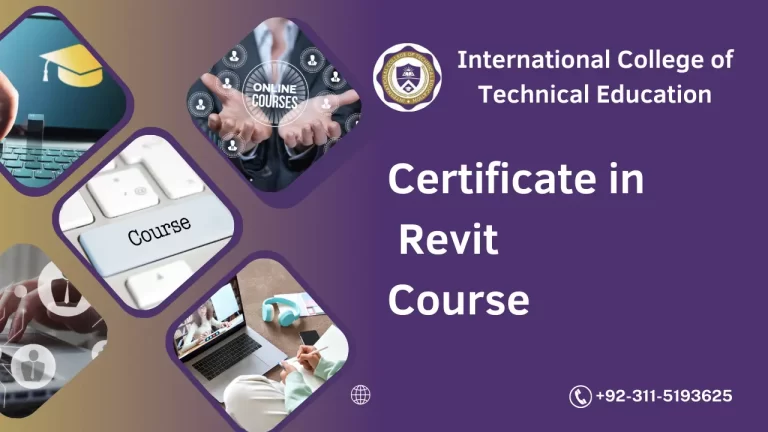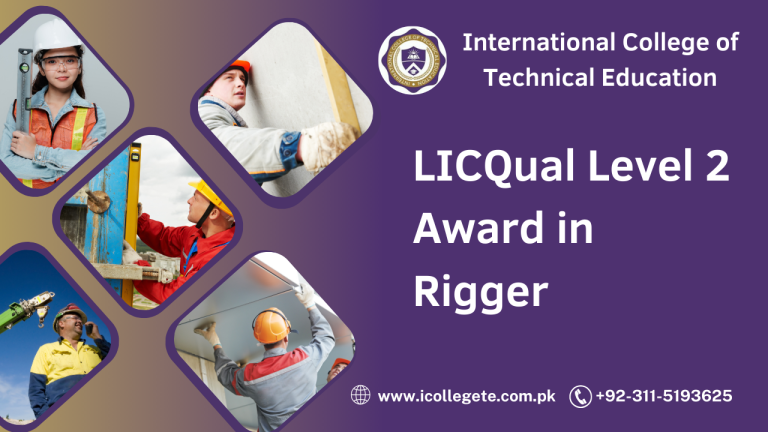In Islamabad, a city pulsating with diversity and cultural richness, there’s a growing recognition of the importance of adult social care. As the population ages and societal needs evolve, there arises a demand for compassionate, skilled professionals to cater to the needs of vulnerable adults. The Diploma in Adult Social Care Course emerges as a beacon of hope and opportunity for those seeking to embark on a meaningful career path in this field.
Course Introduction
The Diploma in Adult Social Care Course in Islamabad is meticulously designed to equip individuals with the knowledge, skills, and empathy required to navigate the complexities of adult social care. It offers a comprehensive understanding of the principles and practices essential for supporting adults in various settings, including care homes, community centers, and domiciliary care.
Course Benefits
- Comprehensive Skill Development: Participants undergo rigorous training to develop essential skills such as communication, empathy, problem-solving, and critical thinking.
- Practical Experience: The course incorporates practical placements, allowing students to apply theoretical knowledge in real-world scenarios under the supervision of experienced professionals.
- Career Advancement: Completion of the diploma opens doors to a wide range of career opportunities in the field of adult social care, including roles such as care assistant, support worker, and community care coordinator.
- Personal Growth: Engaging with diverse individuals and communities fosters personal growth, enhancing cultural competence and empathy.
- Contribution to Society: Graduates play a vital role in improving the quality of life for vulnerable adults, contributing to the welfare of society as a whole.
Study Units
- Introduction to Adult Social Care: Understanding the principles, values, and legislation governing adult social care.
- Communication and Interpersonal Skills: Developing effective communication techniques for interacting with service users, families, and multidisciplinary teams.
- Safeguarding and Risk Assessment: Identifying and mitigating risks to ensure the safety and well-being of vulnerable adults.
- Health and Social Care Services: Exploring the range of services available and understanding how to signpost service users to appropriate resources.
- Promoting Independence and Well-being: Supporting individuals to maintain autonomy and quality of life through person-centered care planning and interventions.
- End-of-Life Care: Providing compassionate care and support to individuals and their families during the end-of-life journey.
Learning Outcomes
- Knowledge Acquisition: Acquire a thorough understanding of the principles, policies, and best practices in adult social care.
- Skill Development: Develop essential skills such as active listening, empathy, problem-solving, and teamwork.
- Ethical Practice: Demonstrate a commitment to upholding ethical standards and promoting the rights and dignity of service users.
- Critical Thinking: Analyze complex situations, identify needs, and devise effective care plans tailored to individual preferences and circumstances.
- Reflective Practice: Cultivate a habit of reflective practice to continuously evaluate and improve one’s professional practice.
Who is This Course For?
The Diploma in Adult Social Care Course is ideally suited for:
- Aspiring Care Professionals: Individuals passionate about making a positive difference in the lives of vulnerable adults.
- Career Changers: Professionals from diverse backgrounds seeking a rewarding career change that aligns with their values and interests.
- Current Care Workers: Those already working in the field of adult social care looking to enhance their skills and qualifications.
- Recent Graduates: Graduates interested in pursuing a career in health and social care with a focus on adult services.
Future Progression
Completion of the Diploma in Adult Social Care Course opens up a myriad of opportunities for further progression and specialization. Graduates may choose to:
- Pursue Higher Education: Progress to advanced qualifications such as a Bachelor’s degree or Master’s degree in social work or related fields.
- Specialize in a Specific Area: Focus on a particular area of adult social care, such as dementia care, mental health support, or palliative care.
- Advance to Leadership Roles: Transition into leadership or management positions within social care organizations, overseeing teams and shaping service delivery.
- Continuous Professional Development: Engage in ongoing training and development to stay abreast of industry trends and best practices, ensuring continued growth and excellence in practice.
The Diploma in Adult Social Care Course in Islamabad stands as a testament to the city’s commitment to fostering compassionate, skilled professionals dedicated to enhancing the well-being of vulnerable adults. Aspiring care professionals embarking on this journey can look forward to a fulfilling career enriched by the profound impact they make on individuals and communities alike.







